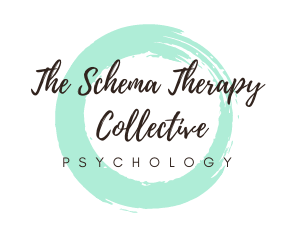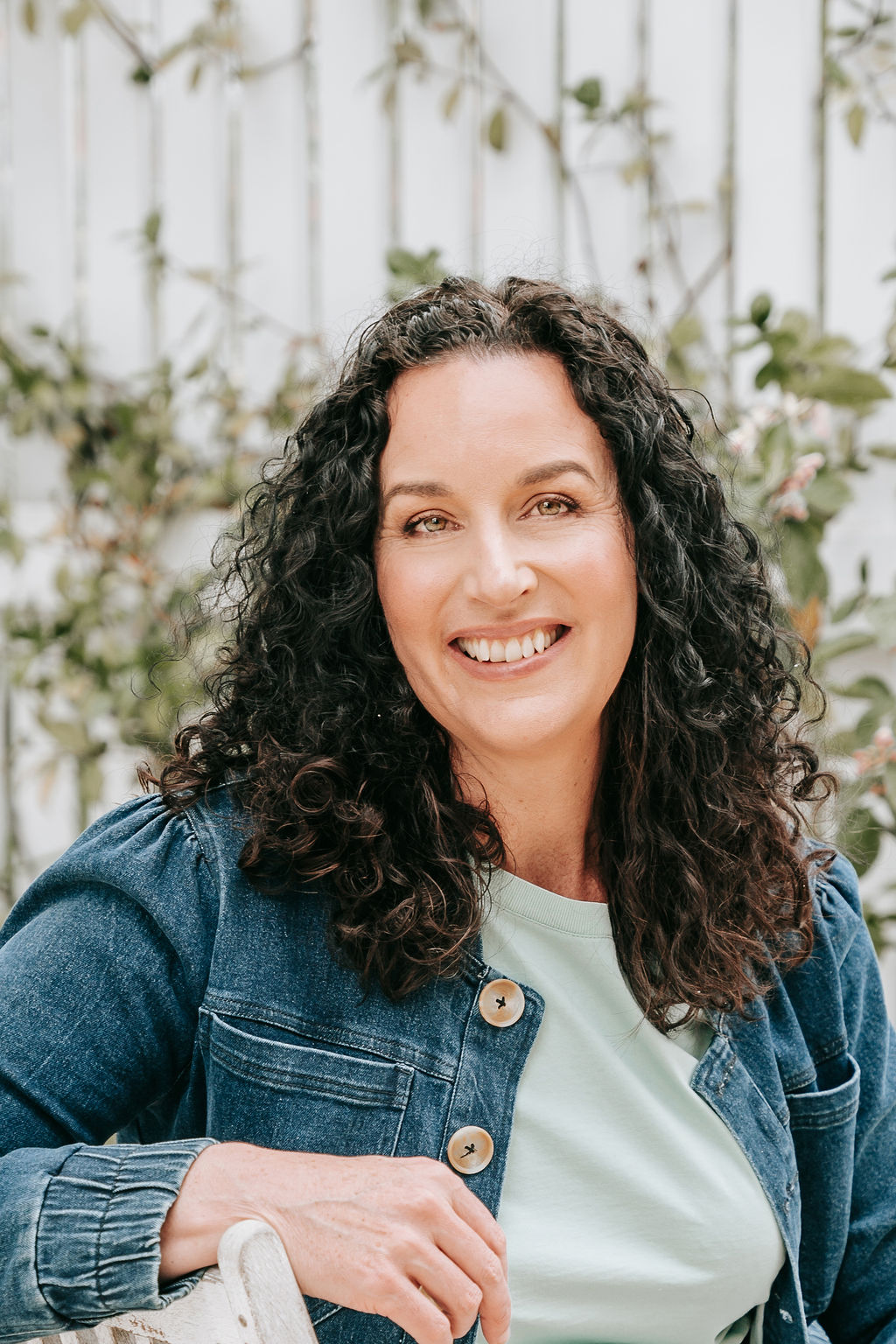“What is required of you to maintain your closeness?” is a question I often ask clients who describe a very close relationship with someone.
Closeness can be highly valued and feel snuggly and protective. But it often requires compliance of some kind to be maintained, limits to relationships outside of the family, feeling unable to survive without the other, or come at the cost of developing your unique self.
A common example of this is mother-daughter “best friend” relationships, where mother and daughter confide and rely on each other to the exclusion of developing other supportive friendships outside of the family. Marriages and intimate relationships can also be enmeshed.
In schema therapy the enmeshment schema is defined by Jeffrey Young as “Excessive emotional involvement and closeness with one or more significant others (often parents), at the expense of full individuation or normal social development…Often involves the belief that at least one of the enmeshed individuals cannot survive or be happy without the constant support of the other. May also include feelings of being smothered by, or fused with others, or insufficient individual identity. Often experienced as a feeling of emptiness and floundering, having no direction, or in extreme cases, questioning one’s existence.” (Young, 2003)
While closeness can feel comforting and secure, if the closeness is the enmeshed variety it limits the development of your true adult self. It can also leave you feeling unable to cope with life when your enmeshed attachment figure is unavailable or dies.
Enmeshed relationships may seem like they are meeting your emotional needs, but typically the core needs of Freedom to express valid needs and feelings and Autonomy, competence and a sense of identity are not possible when you surrender to this schema. The enmeshment schema can also be called the undeveloped self schema.
Healing the enmeshment/ undeveloped self schema is beneficial to develop a healthier sense of self and personal boundaries whilst still being able to have all of your core emotional needs met. It can be tricky because the person or people you are enmeshed with will typically protest the changes you are making and use emotional blackmail techniques such as obligation, guilt, and fear to keep you in the enmeshed relationship.
Working together with your therapist, you will learn to build your Healthy Adult part that will help guide you to honour your needs and have healthy relationships with good boundaries. In schema therapy, we also help people with enmeshment schema to work to reduce the guilt inducing inner critic. No matter how hard it is, you deserve to be yourself and to live without feelings of control and the sense of being smothered. You deserve to be you.
This post on your rights for emotionally healthy relationships might help support you as implement your new, healthier boundaries.
reference : https://schematherapysociety.org/Treating-Enmeshment-and-the-Undeveloped-Self


